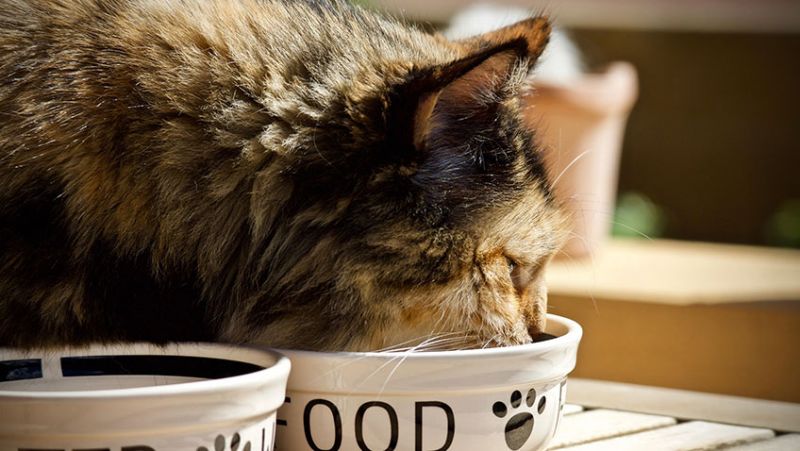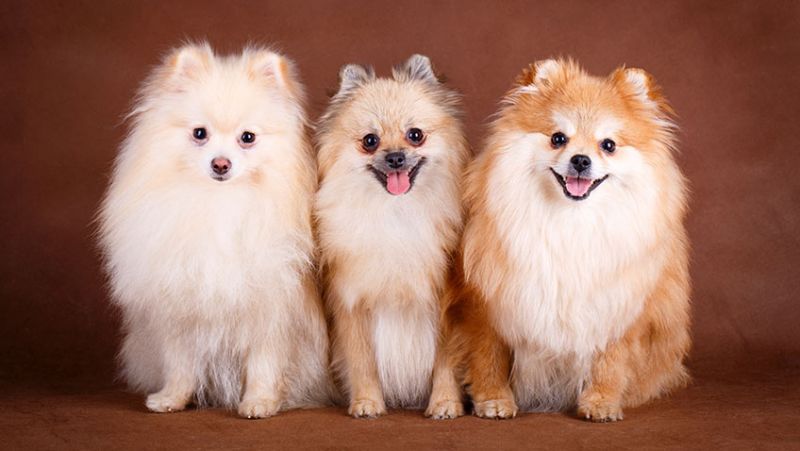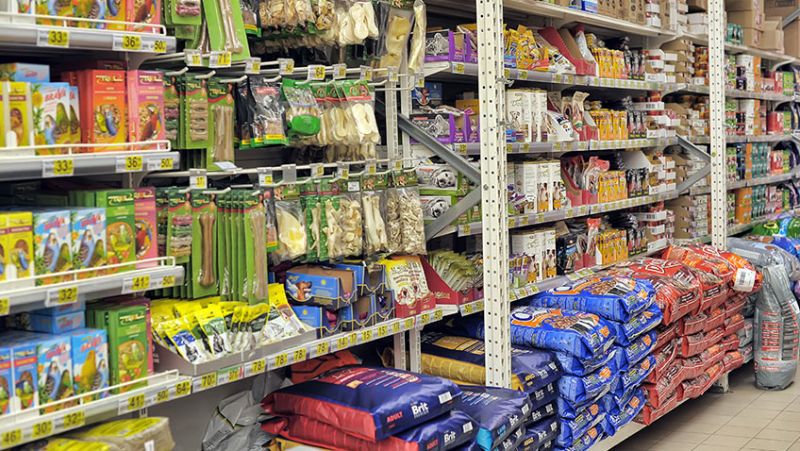
If you're like most cat owners, you want to make sure your furry friend is eating the best food possible. But with all of the different options on the market, how do you know which one to choose? In this blog post, we'll discuss some of the factors you should consider when choosing food for your cat. We'll also provide a few tips for making the process easier and less time-consuming. So read on for more information!
Food Types
When it comes to choosing food for your cat, there are a few different types to choose from. The most common type of cat food is dry food, which is typically made from a combination of meat, grains, and vegetables. Wet food is another option, and it is often more expensive than dry food. Wet food is typically made from real meat, and it can be either canned or pouched. Another type of food to consider is raw food. This type of food is usually made from muscle meat, organ meat, and raw bones. Raw food diets are becoming increasingly popular among pet owners, as they are thought to be more natural and nutritious. Ultimately, the best type of food for your cat depends on your budget and your cat's individual preferences.
Ingredients
When it comes to choosing food for your cat, there are a few things you need to take into account. The first is the type of food. There are three main types of cat food: dry, wet, and raw. Each has its own benefits and drawbacks, so you'll need to decide which is best for your cat. The second thing you need to consider is the ingredients. Look for foods that are high in protein and low in carbohydrates. Cats are obligate carnivores, so they require a diet that is rich in animal protein. Finally, make sure the food you choose is appropriate for your cat's life stage. Kittens and senior cats have different nutritional needs, so be sure to choose a food that is specifically designed for their age group. By taking these factors into account, you can be sure you're choosing the best possible food for your feline friend.
Feeding Guidelines
Choosing the right food for your cat can be a challenge. With so many different brands and formulas on the market, it's hard to know where to start. However, there are a few general guidelines that can help you narrow down your options and choose the best food for your feline friend. First, consult your veterinarian to get their professional opinion. They will be able to recommend a food that is tailored to your cat's individual needs. Second, take a close look at the ingredient list. The best foods will feature high-quality proteins like chicken or fish as the first ingredient. Avoid foods with fillers or by-products, as they provide little nutritional value. Finally, consider your cat's lifestyle. If they are inactive, you may want to choose a food with fewer calories. Conversely, if they are very active, you may need to select a food that is higher in protein and fat.
Price
When it comes to choosing cat food, price is often a major consideration. However, it's important to remember that not all cat foods are created equal. In general, the higher the price, the better the quality of the food. This is because more expensive foods usually contain higher levels of protein and other nutrients that are essential for your cat's health. Of course, there are always exceptions to this rule, so it's important to read labels carefully before making a purchase. In general, however, higher-priced cat foods are typically a better value for your money.


